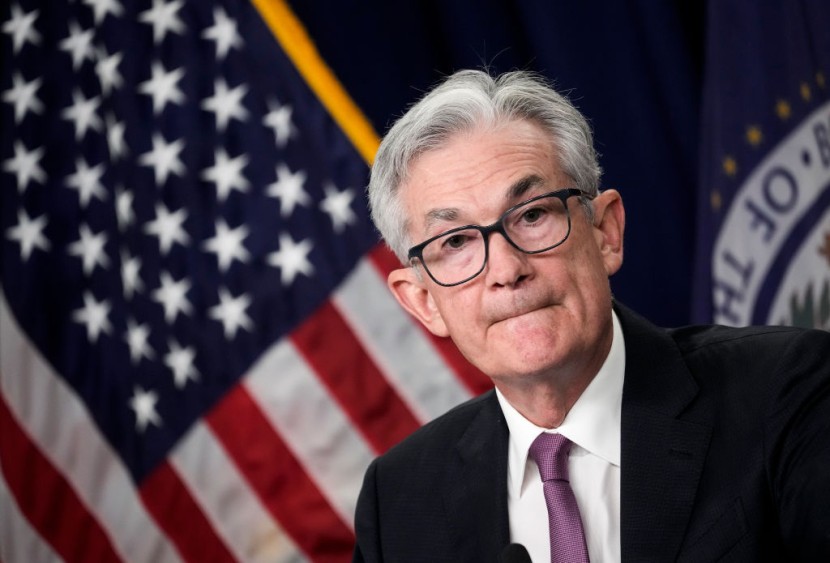
Jerome Powell, the chairman of the Federal Reserve, gave a direct warning last month when he appeared at an economic conference in Jackson Hole, Wyoming: the Fed's aggressive interest rate hikes to combat inflation would "bring some pain" for Americans.
Americans will probably have a clearer notion of how much pain may be in store when Powell attends a news conference after the Fed concludes its most recent meeting on Wednesday.
For the third time in a row, the central bank is anticipated to increase its important short-term rate by significant three-quarters of a percent, per AP News. A further significant increase would push its benchmark rate, which determines the terms of many consumer and commercial loans, to a range of 3% to 3.25%, the highest level in 14 years.
But many Fed watchers will be paying close attention to Powell's comments at a news conference that will follow. His statements will be analyzed for any clue on whether the Fed plans to temper rate hikes in the coming months or continue tightening credit until inflation is on the decline.
The Fed will likely signal on Wednesday that it intends to increase rates far higher than it had anticipated three months ago by year's end and to keep them higher for longer, which is another indication of how deeply concerned it is about inflation.
Economists predict the Fed's main rate to reach 4% by the end of the year. They're also probably going to indicate more increases in 2023, potentially up to about 4.5%.
The Impact of Higher Interest Rates
By dramatically increasing the costs of mortgages, auto loans, and business loans, short-term rates at that level would increase the likelihood of a recession the next year.
To control wage increases and other inflationary pressures, the Fed wants to slow down the economy by cooling a still-vibrant employment market. The Fed may hurt the economy enough to inflict severe job losses.
By compelling businesses to reduce spending, rising interest rates tend to result in higher rates on consumer and commercial loans, which slows the economy. In comparison to a year ago, mortgage rates have virtually doubled to more than 6.0 percent, while some credit card companies have increased their rates to 20 percent.
Higher rates for savers do have a silver lining, though. Some banks and credit unions will raise their savings rates during Fed rate hikes, giving clients - particularly seniors living off of their savings - a nice opportunity to earn more, according to Fox Business.
Fed Has Not Yet Reached the Required 'Pain'
Rates this high for the economy haven't been seen since before the 2008 financial crisis. The average fixed mortgage rate reached 6 percent last week, reaching its highest level in 14 years. According to Bankrate.com, credit card borrowing charges are at their highest point since 1996.
The Fed has not yet experienced the "pain," according to Ellen Zentner, chief US economist at Morgan Stanley, that she feels is required to control inflation.
In a note to investors, Zenter stated that the "higher rates have inflicted little widespread pain on the real economy, so the Fed has room to continue hiking into restrictive territory."
"Consider that so far, a housing correction is underway, if you squint really hard you can see net job gains slowing, and we've seen some deceleration in consumer spending, but this isn't enough to produce the sustained below-potential growth that the chair is looking for," the expert stated, as reported by The Guardian.
"Bottom line is that the Fed needs more evidence that its actions are taking a bite out of the real economy."
© 2026 HNGN, All rights reserved. Do not reproduce without permission.








